A quality compliance program from the world’s top SOC 2 issuer can help you build trust and a culture of security. It’s also easier to use technology that makes your work easier.
From your first audit to a strategic compliance program, A-LIGN gives you the best, most efficient service without going over budget or behind schedule.
Ace Your A-Lign Interview with These Essential Questions and Answers
Are you gearing up for an interview at A-Lign, the renowned global cybersecurity and compliance solutions provider? Well, you’ve landed in the right place! We’ve compiled a comprehensive guide to help you navigate the interview process with confidence and showcase your expertise in cybersecurity and compliance.
This guide features a meticulously curated list of the most frequently asked A-Lign interview questions, along with insightful answers that will leave a lasting impression on your interviewers. By thoroughly understanding these questions and crafting compelling responses, you’ll be well-equipped to demonstrate your knowledge, skills, and passion for the field.
Let’s dive into the world of A-Lign interview questions and equip you with the tools to succeed
1. How would you go about conducting a risk and compliance assessment for a client organization?
Answer
To do a risk and compliance assessment properly, you need to know a lot about the client’s business, the regulations that apply to it, and the client’s industry. This question is meant to test how well you can systematically find possible risks, judge how well current controls work, and suggest improvements to make sure you follow all the rules and best practices in your industry.
Here’s how you can approach this question
- Begin by discussing your approach to understanding the client’s business model, their current risk and compliance framework, as well as industry standards. Highlight any experience you have in identifying potential risks and non-compliance issues. Demonstrate how you use this data to develop a comprehensive assessment that includes mitigation strategies. Also, mention any software or tools you’ve used for these assessments. If you’re new to the field, discuss theoretical steps you’d take based on your education and training. Show enthusiasm for learning about different industries and adapting accordingly.
Example:
“Conducting a risk and compliance assessment begins with understanding the client’s organization, its industry, regulatory environment, business objectives, and current state of control. This involves reviewing any existing policies, processes, and controls in place, as well as conducting interviews or workshops with key stakeholders to gain insights into their perception of risks and how they are managed.
Once I have a good understanding of the organization’s situation, I would look for risks that might make it harder for it to reach its goals. These risks could be operational, financial, strategic, or related to IT, among others. For each risk that was found, I would figure out how bad it would be and how likely it was to happen, taking into account how well the controls that are already in place work. Once this analysis is done, the organization will have a risk profile that shows what needs to be done.
In terms of compliance, I would review the relevant laws, regulations, standards, and best practices applicable to the client’s operations. Then, I would evaluate the level of conformity by examining evidence such as records, reports, and system configurations. Any non-compliance issues found would be reported along with recommendations for remediation. Throughout the process, it’s important to maintain open communication with the client, providing regular updates and seeking feedback to ensure the assessment aligns with their expectations and needs.”
2. Describe your experience with security frameworks such as ISO, SOC or HIPAA.
Answer:
Frameworks for security are what keep organizations’ information safe, keeping sensitive data safe and making sure they follow the rules. This question is meant to test your knowledge and experience with these frameworks, as it shows how well you can handle complicated security requirements and set up effective controls. If you know these standards, you can help the company keep its security high, lower risks, and gain the trust of its clients and business partners.
Here’s how you can approach this question:
- Begin by detailing your experience with the specific frameworks mentioned. Highlight instances where you’ve applied these standards in previous roles, and how this led to improved security measures. If your experience is limited, focus on your understanding of their importance, and showcase your eagerness to deepen your knowledge. Remember to mention any relevant certifications or trainings you’ve completed.
Example:
“Throughout my career, I have had extensive experience with various security frameworks including ISO 27001, SOC 2, and HIPAA. For instance, while working on a project at a healthcare organization, I was directly involved in ensuring the company’s compliance with HIPAA regulations. This included conducting regular risk assessments, implementing necessary controls to protect patient data, and providing training for staff members on HIPAA requirements.
Additionally, I’ve worked with international organizations where I helped guide them through the process of achieving ISO 27001 certification. This involved developing an information security management system (ISMS), identifying potential risks, and establishing appropriate controls. Furthermore, I have also facilitated SOC 2 audits which required me to thoroughly understand the five trust service principles, ensure that our systems were designed effectively and confirm that they are operating as intended. These experiences have given me a comprehensive understanding of how these frameworks operate and how to implement them successfully within an organization.”
3. Can you explain the role of internal controls when it comes to mitigating risks within an organization?
Answer:
Understanding the importance of internal controls is key to ensuring that an organization operates efficiently, maintains compliance, and minimizes risks. By asking this question, the interviewer wants to gauge your knowledge of internal controls and their role in risk management. They also want to determine whether you can effectively implement, assess, and improve these controls to protect the organization from potential threats and ensure its long-term success.
Here’s how you can approach this question:
- Demonstrate your understanding of internal controls by discussing how they help maintain operational efficiency, ensure financial reliability and compliance with relevant laws. Use specific examples from your past experiences to show how you have used these controls to reduce risks. It could be implementing checks and balances, segregation of duties or regular audits. Highlight your analytical skills, attention to detail, and proactive nature which are crucial for risk mitigation.
Example:
“Internal controls play a crucial role in risk management within any organization. They are essentially procedures and mechanisms put in place to ensure business operations run smoothly, efficiently, and compliantly, while also safeguarding assets and resources. These controls can range from physical checks such as locks and alarms for tangible assets, to procedural measures like segregation of duties and approval processes for financial transactions.
For instance, an organization might implement dual control policies where two or more individuals are required to approve certain actions, such as large financial transactions or changes to key operational settings. This helps mitigate the risk of fraud or error by ensuring that no single individual has unchecked power over sensitive functions. Similarly, regular audits and reviews serve as internal controls by identifying potential issues early on, allowing the organization to take corrective action before significant damage occurs. Thus, internal controls act as both deterrents and detection mechanisms against risks, promoting transparency, accountability, and overall organizational integrity.”
4. How do you stay current on cybersecurity threats and vulnerabilities?
Answer:
Staying up-to-date on cybersecurity threats and vulnerabilities is essential for professionals in the information security industry. Interviewers want to know that you’re proactive in keeping your knowledge and skills current, as well as being aware of the ever-evolving landscape of cyber threats. Demonstrating your commitment to continuous learning and staying informed on industry trends shows that you’re an adaptable and forward-thinking candidate, which is essential for success in the rapidly changing world of cybersecurity.
Here’s how you can approach this question:
- Showcase your proactive approach to staying updated in the rapidly changing field of cybersecurity. Mention regular reading of industry publications, attending webinars or conferences, participating in online forums and groups. Also, talk about any certifications you pursue to expand your knowledge. Highlight how this constant learning assists you in real-world situations to keep systems secure and up-to-date.
Example:
“I stay current on cybersecurity threats and vulnerabilities by subscribing to various industry newsletters, blogs, and forums that provide regular updates on emerging threats. This includes resources like the US-CERT National Cyber Awareness System, The Hacker News, and Dark Reading. These platforms offer real-time information about new vulnerabilities discovered, patches released, and best practices for mitigation.
In addition to these, I also attend webinars and conferences related to cybersecurity to gain insights from other professionals in the field. Participating in such events allows me to learn about novel attack vectors and defense mechanisms. Furthermore, I often engage in ethical hacking communities where we share knowledge about potential threats and how to counter them. This continuous learning process helps me stay ahead of cybercriminals and protect our systems effectively.”
5. Have you ever conducted a penetration test? If so, what was your methodology and how did you report the findings to the client?
Answer:
In the cybersecurity field, penetration testing is a critical skill for ensuring the security of an organization’s systems and data. This question allows interviewers to gauge your hands-on experience, your ability to think strategically, and your communication skills when it comes to sharing important information with clients. Your response to this question demonstrates your expertise in the area and your ability to work collaboratively with clients to strengthen their security posture.
Here’s how you can approach this question:
- When answering this question, outline the steps you took during your last penetration test. Discuss how you planned and conducted reconnaissance, scanning, gaining access, maintaining access, and covering tracks. Highlight any unique challenges you faced and how you overcame them. When discussing reporting to clients, stress your commitment to clear communication, detailing your findings, implications, and recommendations in a comprehensible manner for non-technical stakeholders. If you have no real-world experience, describe hypothetical strategies based on best practices and industry standards.
Example:
“Yes, I have conducted numerous penetration tests throughout my career. My methodology typically follows the standard phases of a penetration test: planning and
A-LIGN is committed to the success of every client
A-LIGN has been doing security compliance audits for over 20 years and works with businesses of all sizes, from small startups to large corporations. We use new technology, experienced auditors, and a quick and easy process to make sure that your audit goes smoothly and that you and your customers can trust the report or certification.
















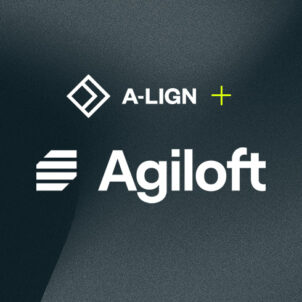
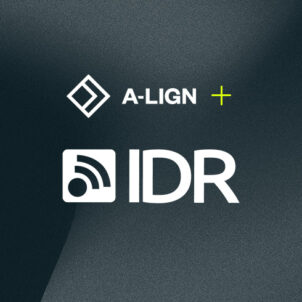
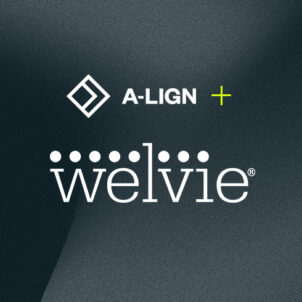
We’re an innovative group that never quits. We believe that human connection is the key to turning compliance into an accomplishment, instead of an attempt. Ready to start an exciting adventure?.
ABOUT THE ROLE
As the Accounts Receivable Specialist, it’s your job to handle all parts of the accounts receivable cycle, including sending invoices to customers, helping with collections, fixing billing issues for customers, and making sure that all communications with customers are coordinated. Additional projects and responsibilities to be completed as needed.
REPORTS TO: Accounting Associate Manager
PAY CLASSIFICATION: Full-Time, Exempt
RESPONSIBILITIES
- Review Billing Events and create client invoices daily
- Follow-ups for past due accounts and client purchase orders
- Maintain positive relationships with clients’ accounts payable departments
- Work closely with other departments to make sure that billing rules are followed and that things are done correctly.
- Execute all areas of the collection process for assigned customers
- Resolve client-billing problems
- Perform Ad hoc projects
- Be proactive in all work
MINIMUM QUALIFICATIONS
EDUCATION
Bachelor’s degree in business, finance, or accounting, or an associate’s degree with plans to get a bachelor’s in the next two years.
EXPERIENCE
- 1 year in receivables
- SalesForce/FinancialForce experience preferred, but not required
SKILLS
- Ability to read and write Spanish preferred
- Ability to meet deadlines with a high degree of motivation
- Thrives in a fast-paced environment
- Excellent communication skills
- Ability to work individually as well as collaboratively
- A high degree of motivation
BENEFITS
- Health, Vision, Dental
- 401k Employer Matching
- Merit Bonus
- Vacation Bonus
- Parking Allowance
- Short Term Disability
- Long Term Disability
- Life Insurance
- TSA Precheck Reimbursement
- Flu Shot Reimbursement
- Flexible Paid Time Off
ABOUT THE ROLE
The ISO Quality Analyst works independently and collaboratively to execute ISO quality assurance activities. Develops and revises work instruction and templates for compliance with industry standards while identifying opportunities for improvement. The ISO Quality Analyst will also help the ISO department and the quality program as a whole grow and come up with ways to make that happen.
REPORTS TO: Quality Manager
PAY CLASSIFICATION: Full-Time
RESPONSIBILITIES
- Develop, implement, and maintain team templates and work instructions
- Maintain and revise share point team documentation
- Process priorities in a timely manner
- Support and maintain ISO Quality Program
- Additional tasks as assigned
MINIMUM QUALIFICATIONS
EDUCATION
Bachelor’s degree in relevant fields – cybersecurity, management of information systems, network security, etc.
EXPERIENCE
At least 1 year of experience in maintaining work instructions, templates and/or document review related to IT audit
SKILLS
- Ability to meet deadlines with a high degree of motivation
- Excellent communication skills
- Thrives in a fast-paced environment
- Ability to work individually as well as collaboratively
- MS Office – Word, Excel, Power Point
PREFERRED BUT NOT REQUIRED CERTIFICATIONS
- These can be ISO 27001, ISO 27701, ISO 22301, or other relevant IT security certifications like CISM, CCSK, CISSP, and so on. ).
BENEFITS
- 24 days Annual PTO
- Additional Health Insurance, Vision, Dental
- Multisport card
- Paid Office Closure December 24 – January 1
- Paid Holidays Schedule
- Annual Bonus Program
- Technology Allowance 50 BGN
- Certification Reimbursement
- Flu Shot Reimbursement
- Employee Assistance Program
HOW DO WE EVALUATE CANDIDATES?
Individuals who can show they possess the knowledge, skills, and abilities required to do their job well are those we are seeking. These core competencies include:
- Knowing My Organization—Do you show that you understand what A-LIGN has to offer in terms of products and services? Can you use organizational values to get things done?
- Focusing on Customers: Do you know what your customers want and can you predict their needs? Can you build a good relationship with them? Do you give them high-quality products and services that go above and beyond what they expect?
- Showing Resilience: Do you have a strong belief in your ability to change the future? Can you keep your cool when things get tough? Are you good at settling disagreements and conflicts?
- Building Trust and Confidence: Do you build trust and confidence by showing that you can be counted on? Do you show that you can be trusted by being open and honest?
- Processing Details: Do you make sure projects are finished on time by sticking to a schedule? Can you do an in-depth job and turn in high-quality work? Do you follow rules and established procedures to lower risks?
- Structure of Tasks: Do you plan your work and make sure your priorities are clear? Can you keep your promises and follow through on your ethical standards while still being very productive and getting a lot done?
ABOUT A-LIGN
A-LIGN is a technology-enabled security and compliance partner that more than 2,400 organizations around the world trust to reduce cybersecurity risks. We offer services like SOC, Penetration Testing, PCI DSS, HITRUST, ISO, and privacy compliance to small businesses and large companies around the world. Our proprietary compliance management platform is transforming the compliance experience by enabling an anytime, anywhere approach to audits. For more information, visit www. A-LIGN. com.
Come Work for A-LIGN!
Apply online today at A-LIGN. com! A-LIGN is an Equal Opportunity Employer! Minorities, women, disabled, and veterans encouraged to apply!.
A-LIGN is one of the fastest-growing private companies in the U.S. and a global leader in cybersecurity and privacy rules. S. We help our clients understand the complicated rules and laws about privacy and cyberspace. At the same time, we improve their information security to stop cyber threats, lower risk, and make their security an advantage over their competitors.
Because we work with creative, global companies of all sizes, our employees get to work on a wide range of projects for well-known clients.
WHAT MAKES US DIFFERENT?
A-LIGN wants you to do well in a very competitive field by giving you ongoing training and development, access to small businesses in the field, and the chance to move up quickly within the company. You will work directly with important clients at A-LIGN and be trusted to define business problems and come up with solutions. You will also be responsible for ensuring business value and owning your projects by communicating results. At A-LIGN you are given the tools to be a master of your own destiny!.
We have eliminated time reporting and chargeability goals from our engagements and increased efficiencies in service delivery. We are pioneering a new way to approach audit, compliance, and cybersecurity. You will be able to work from home in any city as one of our Staff Consultants because they work from home.
Throughout the years A-LIGN has continued to achieve new milestones as we relentlessly exceed expectations:
- Awarded as one of Glassdoor’s Best Places to Work!
- Honored as an Inc. 5000 Fastest Growing Company
- Ranked #7 on The Software Report’s Top 25 Cybersecurity Companies
One Stop Compliance with A-LIGN
FAQ
What is the star method when interviewing?
What are role alignment questions?